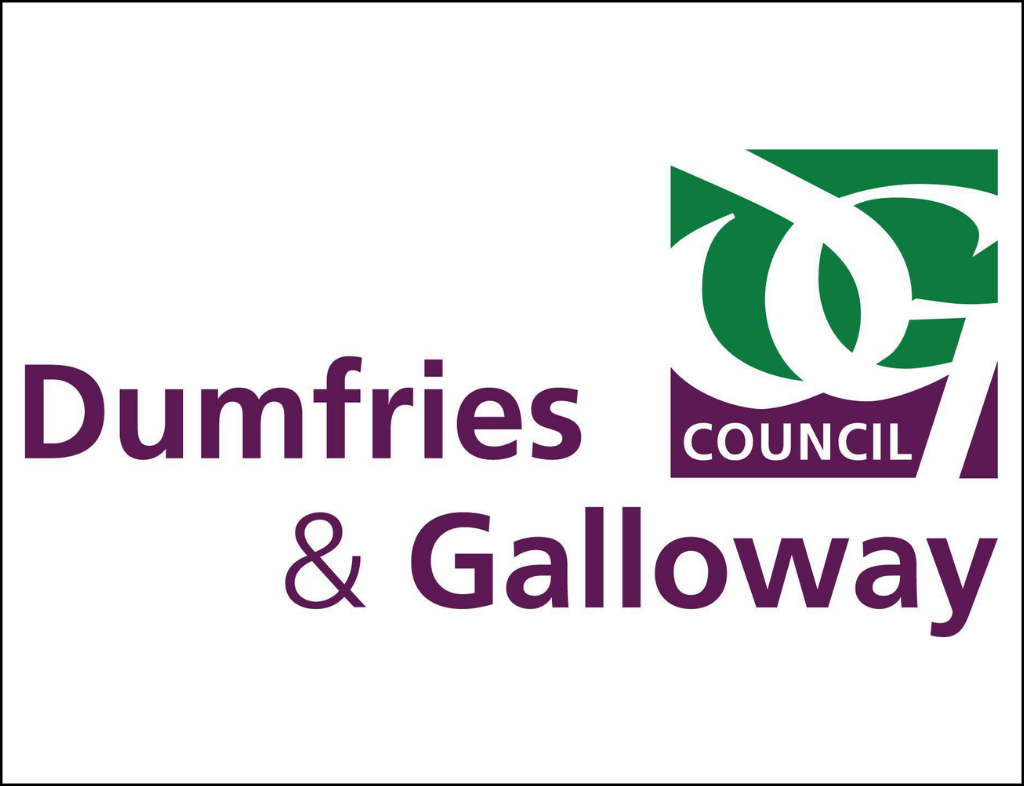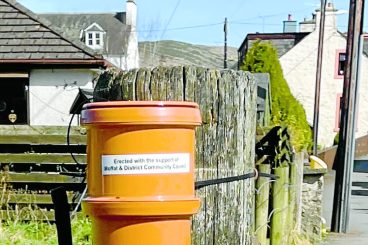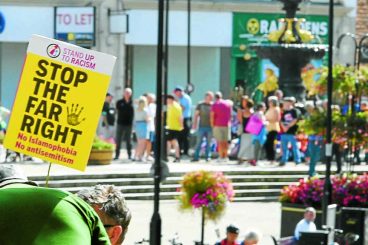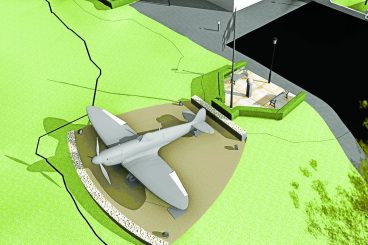The local authority was already facing an estimated £12.8m funding gap for 2022/23, but the council has received £3.7m less than expected from Holyrood.
The situation has been laid bare in a report by council finance and accounting manager Gillian Ross, to be discussed at the finance committee next Thursday.
She wrote: “There had been optimism that the funding settlement may be less challenging than previously anticipated.
“Unfortunately, this has not been the case and, taking into account both the impact of the additional policy commitments/requirements and the impact of distributional movements, DGC’s ‘like for like’ cash funding for 2022/23 has been reduced by an estimated £3.768m.”
Before the funding allocation was made to the council, finance officers had already been looking at ways to balance the books for this year’s budget.
They calculated that a three per cent increase in council tax would bring the £12.8 funding gap down to £10.6m.
Now, with various factors involved including staff pay increases and the unexpected reduction in funding, the latest calculations see the council £11.7m in the red.
This is before any council tax increase is set, or other cost-cutting options are drawn up.
The 2022/23 funding settlement reflects an increase of £751.3m for all Scottish councils against 2021/22 levels (excluding covid funding).
However, council chiefs say this figure includes £803.4m specifically to support additional commitments in education and health and social care, such as providing more teachers, and adult social care pay.
And when the overall numbers were broken down by Dumfries and Galloway finance officers, this region has fared worse than before.
The council report states: “Due to the impact of the distribution formula, largely associated with a reduction in the council’s share of education funding, the level of funding reduction applied to Dumfries and Galloway Council is higher at 1.19 per cent – which equates to the decrease in support of £3.768m.
“The settlement also does not provide any funding for pay increases for local government workers, or for non-pay inflation (e.g. energy, fuel, food price increases) that councils will inevitably face.”
If council tax levels were to rise as expected, officials underlined that this money only contributes to less than 18 per cent of the local authority’s income.
Scottish Finance Secretary Kate Forbes said: “The 2022/23 Budget confirms that, even in the face of the economic uncertainty caused by the pandemic, we are providing councils with a real terms increase to their budgets for the coming year of more than five per cent.
“I have been clear that this budget has required difficult choices. But I am determined that councils should be fairly funded within the limited resources we have available.”
Meanwhile, all 32 Scottish council leaders have sent a joint letter to First Minister Nicola Sturgeon and Finance Secretary Kate Forbes last month expressing “deep concern” about the budget cuts.
























